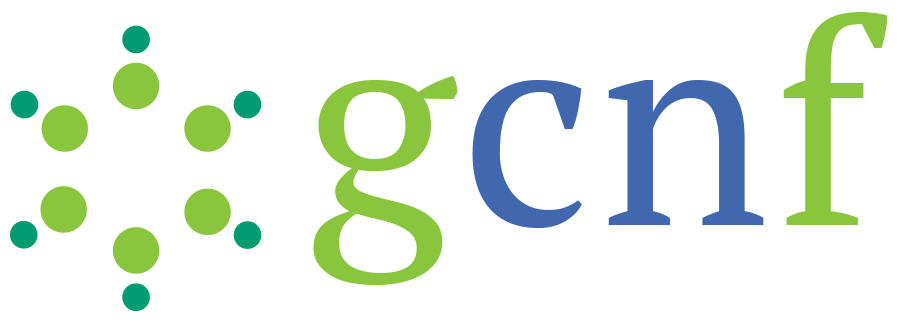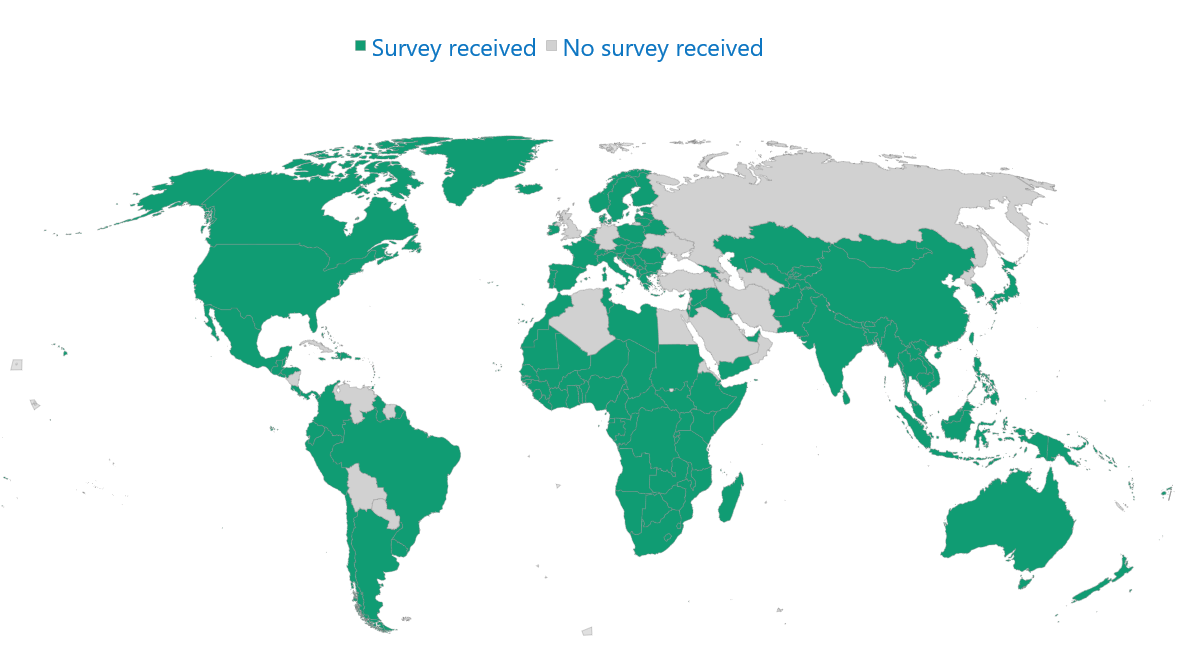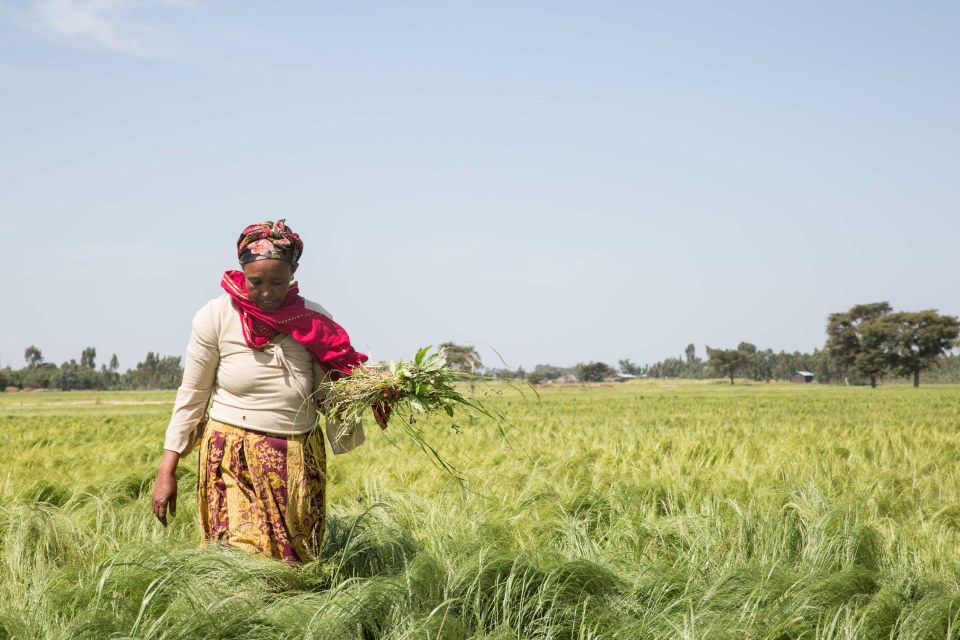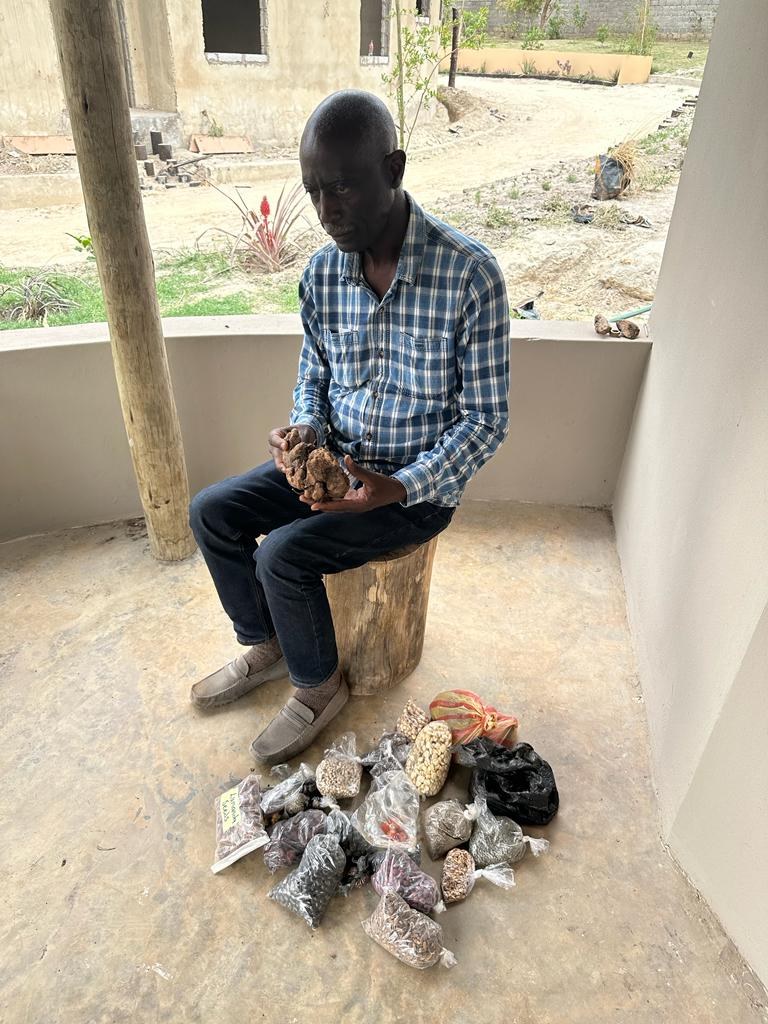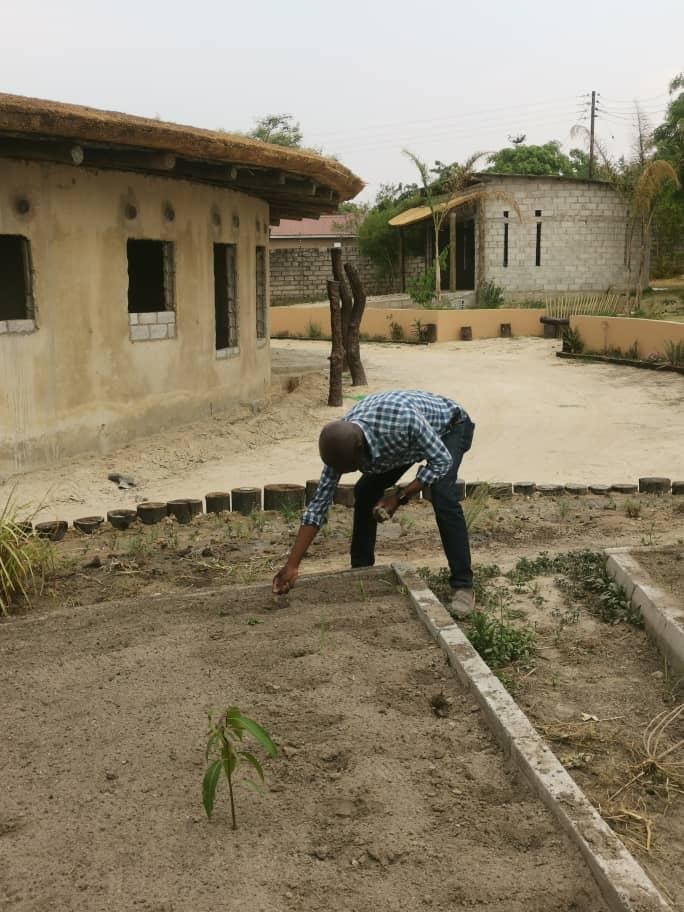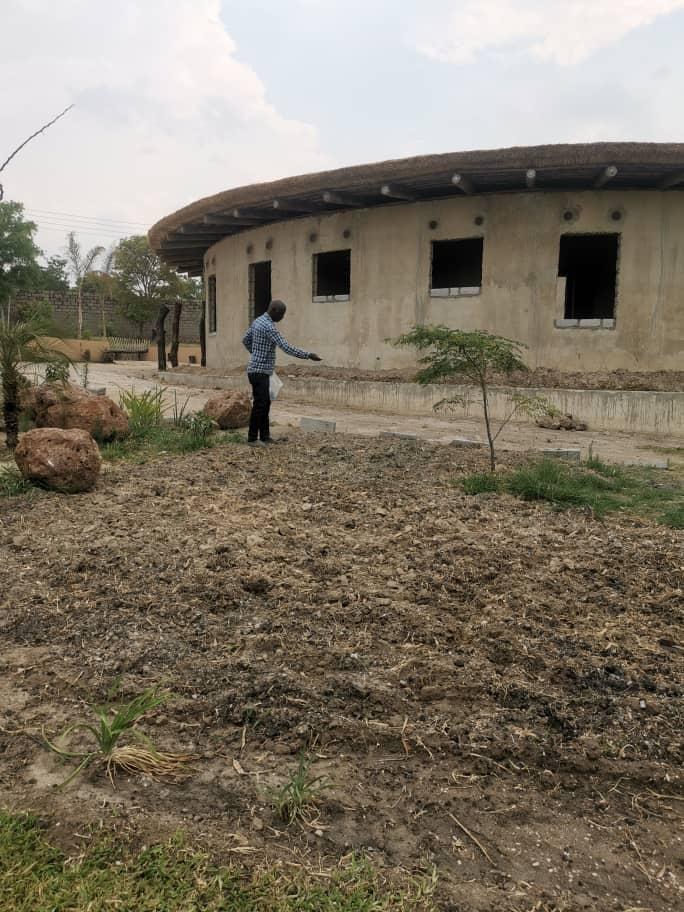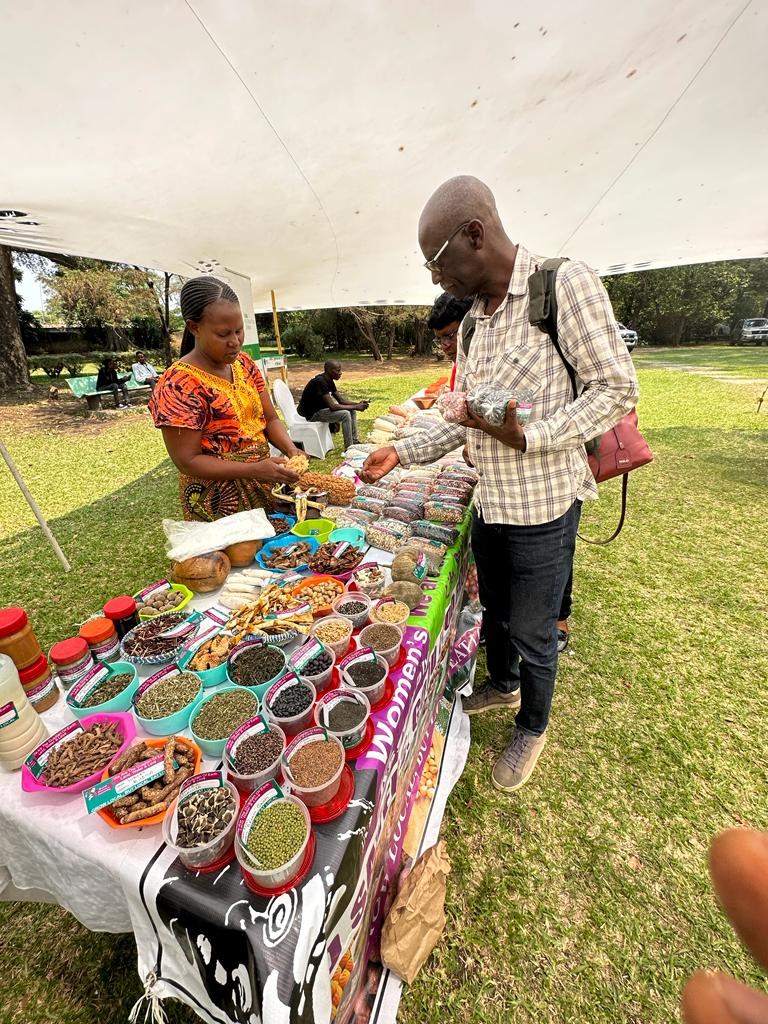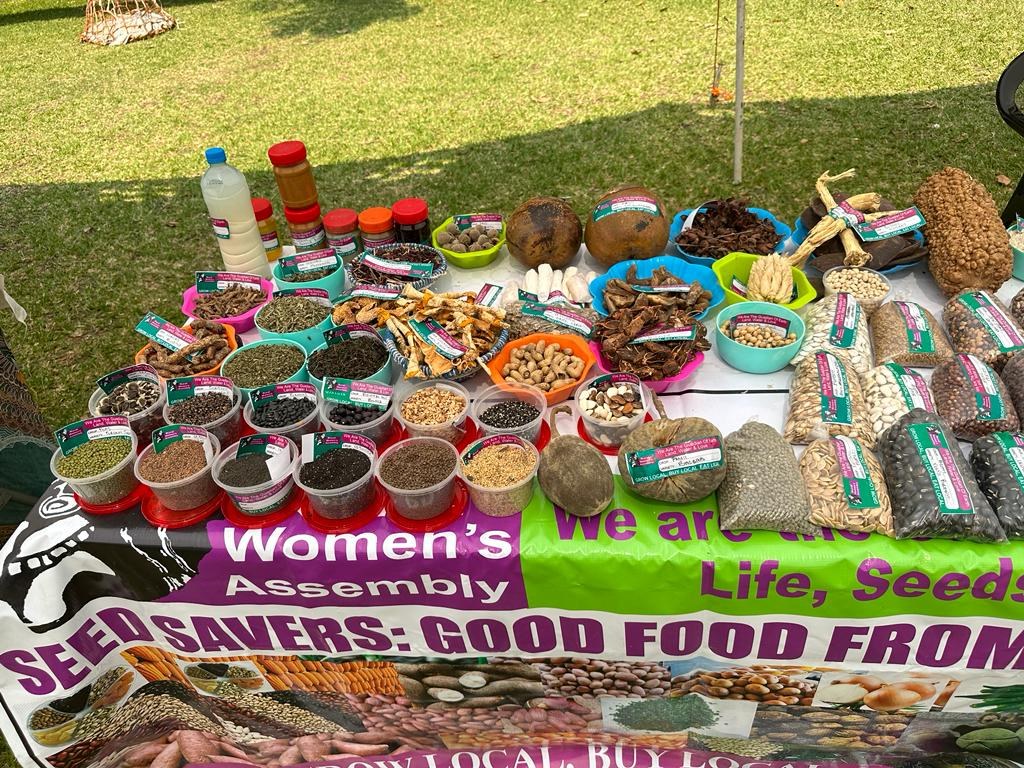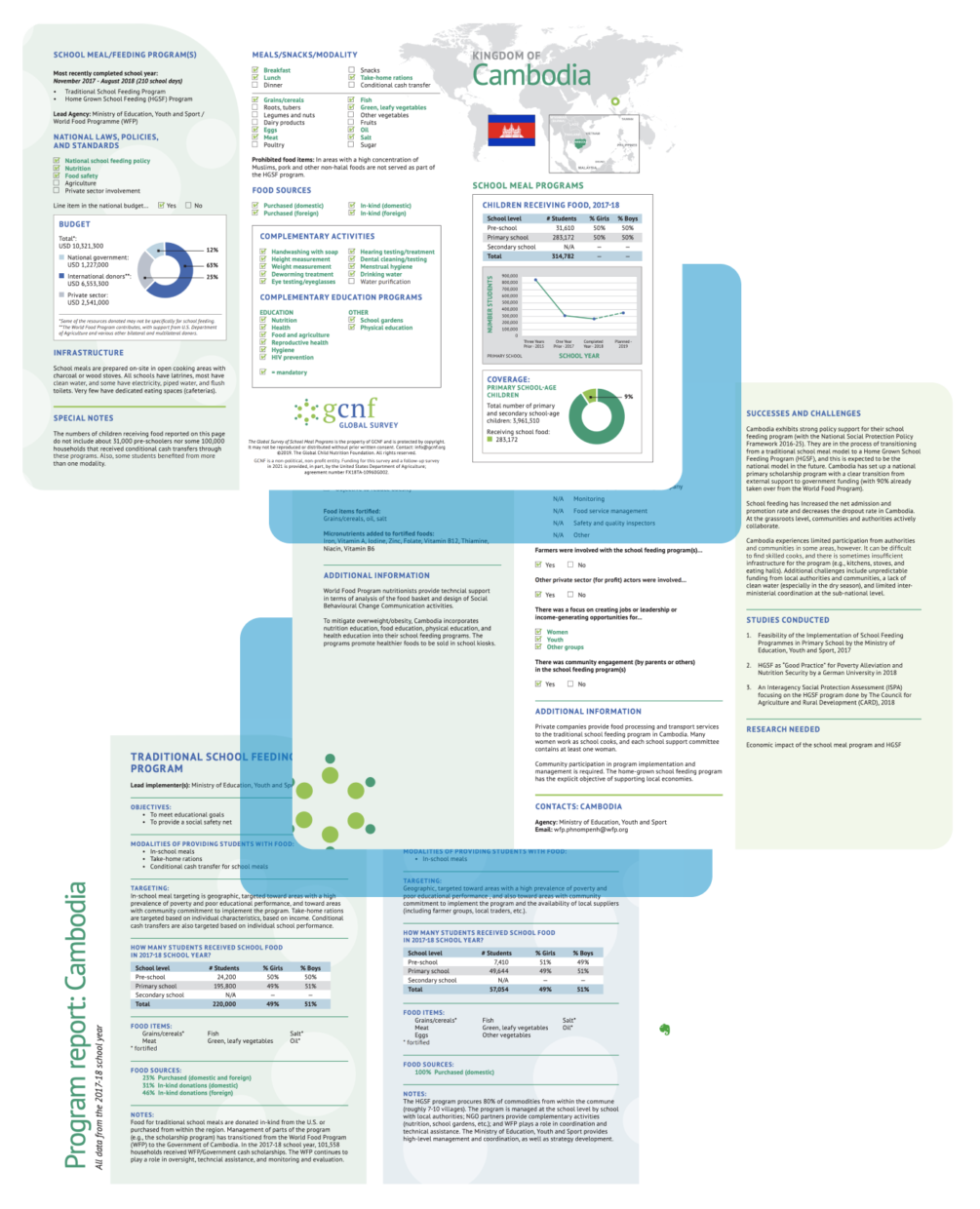
Turn Knowledge into Action with School Feeding Country Reports!
Country reports offer valuable insights into school feeding programs across the globe. Use these reports to share success stories, highlight evidence of program impact, and advocate for greater investment in school feeding. By drawing on real-world data, you can engage policymakers, partners, and communities to prioritize sustainable school meal initiatives in your country.Country Report Highlight Topics
- Target Group
- Coverage
- Modality
- Food Sources
- Budget
- Complementary Programs
- National Laws
- Policies and Standards
- Infrastructure
- Nutrition
- Agriculture
- Employment and Community Participation
- Successes and Challenges
- Research Needs
